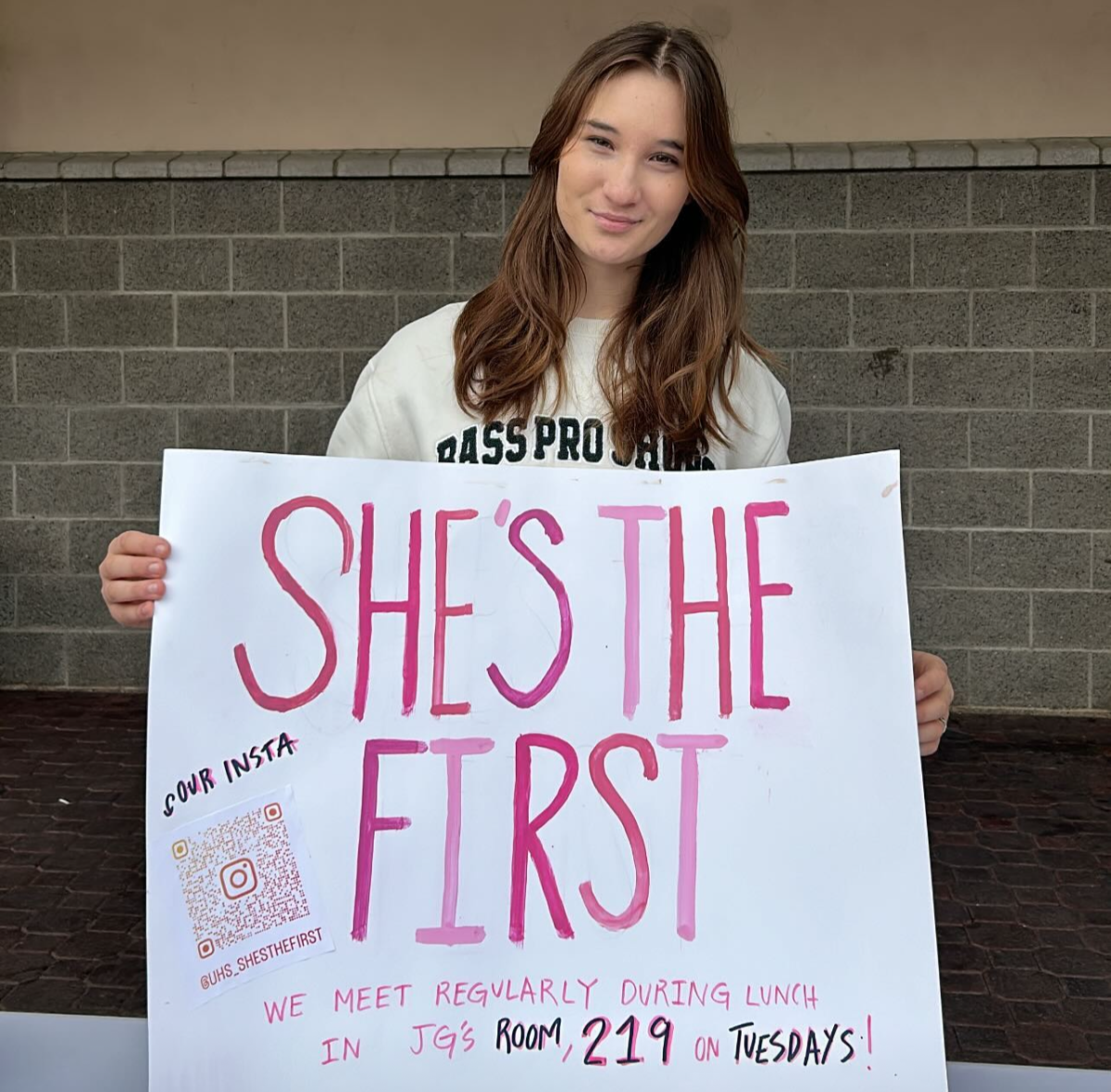By CHRIS CHAE
Staff Writer
1. Use a “because” (doesn’t matter if it’s real) when asking for a favor
In a 1989 study by Harvard social psychologist Ellen Langer, Langer asked a line of people waiting to use a library copy machine for a small favor. When she asked, “Excuse me, I have five pages. May I use the Xerox machine because I’m in a rush?” the success rate was 94%. Believing that the “because I’m in a rush” was a factor in the high success rate, she then just asked “Excuse me, I have 5 pages. May I use the Xerox Machine?”. The success rate dropped significantly to 60%. Finally, Langer tested to see whether the actual reason mattered by asking, “Excuse me, I have 5 pages. May I use the Xerox machine because I have to make some copies?”. The success rate jumped back up to 93%. Langer’s study demonstrates that it is the presence of a “because” mechanism that triggers compliance, not the validity of an actual reason. Humans prefer being in control and knowledgeable. Therefore when given a “because” statement, people feel that they are in the know, which opens up their minds to allow themselves to give in to the favor.
2. Nod when asking for a favor
People tend to copy the mannerisms of the people they interact with. Posture, tone of voice, and accent- all mannerisms learned and copied from the environment in which people are surrounded. Nodding is no different. People from a young age associate nodding to yes; they nod to show approval or agreement, as taught by parents and society. So when asking for a favor for someone, subtly nod your head. This will trigger them to nod their heads, and thus trigger their minds to think yes to whatever question or favor you are asking. This was tested by Gary Wells and Richard Petty in their case study, “The Effects of Over Head Movements on Persuasion,” where they separated subjects into 3 groups of 24 to test headphones playing a recording arguing for the rise in tuition from $587 to $750. Group A was instructed to nod their heads, Group B was instructed to shake their heads, and Group C was control. Amazingly, those who were nodding agreed with the speaker and felt tuition costs should rise to an average of $646, while those who were shaking argued that tuition should be lowered and those who did nothing with their head said that tuition should stay the same.
3. People look at the person they like the most when they laugh
People use eye contact and eye language for validation and approval. Psychologically, eye contact means trust and confirmation as used in many social settings. Harper et al. (1978) concludes that “with some exceptions and qualifications, the research to date shows a direct relationship between looking and positive interpersonal sentiment” (p. 189). When laughing, this micro movement of the eyes cannot be controlled or guided as well as it could be in other social situations. In that split moment where somebody will start laughing, they will often look for and try to match the eyes of the person they most care about in that group. This is to get confirmation that the person they care about also finds the subject or joke funny and get validation that they both laugh and enjoy the same things. Once they get that approval, their eyesight will fan out to the others in the social setting. You can use this to your advantage by looking carefully at people when laughing to see where they look first to figure out who they care about the most.
4. Silence causes people to talk
People are social animals. We strive for human connection and to do this, we will often surround ourselves with people or join a group of people to resonate with. People hate silence just like how nature hates order. Silence feeds the imagination and allows for awkwardness and anxious thoughts. To battle this, people will try to fill up the silence with words. However, silence, if cleverly used, can become a strong weapon to influence people. Katie Donovan, the founder of US-based consultancy Equal Pay Negotiations interviewed for a job in sales and was offered it on the spot. When the interviewer named a salary, she replied that she would get back to him later on it and sat quietly. He raised the offer. After repeating this tactic again, he made a third offer 20% higher than the first which she accepted. In negotiations and conversation, silence will naturally trigger the person to start or continue talking as they hate the awkward silence. According to Harvard Business Review, an orating tactic is to speak last. By speaking last, you demonstrate that you have listened to all points of view and people are less likely to be biased against your opinion since you have been an active listener of theirs. When you speak you can hint or talk about the topics already mentioned to gain confirmation of the members present, before talking about your main point by this point will have support and counterarguments to the opinions said before. Silence, when used correctly can become a very useful tactic.
5. Successfully multitask by watching something you’ve already watched
It is a well known fact that multi-tasking does not help. By working on multiple tasks at the same time, the mind is divided and cannot devote the attention needed either. This has been proven in many studies such as Jeffrey Evans, Joshua Rubinstein and David Meyer’s study where participants lost significant amounts of time when attempting multiple-task switching. However, I have found a solution to successfully multitask. As a gaming and anime enthusiast, I find it impossible to drag myself away from my sweet guilty desires for too long. But it is also the midst of college application season and I know I have work to do. To do both at the same time, I play anime/tv shows/ movies/ music that I have already seen and know very well on a second monitor (phone) while working on my main monitor (computer). With the entertainment being something that I have already seen, I am not tempted to get sucked into the screen and pay attention to the details since I already know what will happen. This allows me to put my focus on my work and not stray off task. But at the same time, every now and then I can take a few seconds to a minute break to look at the screen with the show, chuckle, and maybe laugh before returning back to my work. You may think that this is useless, but the little entertainment value that tells me that I am not just doing work gives me motivation to continue working while being on task at the same time.
6. Train your body to sleep
It’s not uncommon for people to have trouble sleeping. Some willingly have trouble sleeping as they will keep themselves up watching Youtube and Netflix or doing homework and college apps that they should have done earlier. Some unwillingly have trouble sleeping as their bodies naturally have trouble falling asleep, or as their anxiousness for an upcoming event keeps them wide awake.. To counter this problem, I’ve devised a strategy to train my body to sleep (Disclaimer: this strategy may not work for you as everybody is wired differently). I wear an eye mask and turn on a “sleep” playlist of soft, relaxing, instrumental music every night for a year now. At the beginning, this did not do anything as my body was not used to this. However, in the later months, my body became accustomed to the eye mask and “sleep” playlist being synonymous to sleep, a little trigger or signal that it was time to sleep and the body to shut down. Now, whenever I want to sleep, I can put on my eye mask and turn on my “sleep” playlist and go to bed regardless of my energy level. This is very useful for when you want to sleep, but can’t and is a tool that I will continue to use and abuse.
7. Set a routine to counter procrastination
Procrastination is a big problem. Especially for us high schoolers, and now that we will be going into college, procrastination is a big problem that must be eliminated from our schedules as soon as possible. But, it is exponentially harder for our bodies to act responsibly when the due date is just so far away. We would much rather just waste our time away on Youtube, Netflix, League of Legends, Kissanime, or social media. To battle this mindset of laziness, I set a routine, inspired by Arpi Park, a Stanford student and popular Youtuber: A daily routine of a set time to study and a set time to relax. Just like how when you wake up in the morning, you brush your teeth not because you want to or because you like having clean teeth. You just do it, because it’s what you do in the morning. It’s become so ingrained in our system, that we do it every morning without actually thinking about it. Just like this, following a set routine to study makes it so that your brain will instinctively just work when it gets to that time. You won’t think about if you want to study or if you have another distraction, you will just study because that’s just what you’re supposed to in that time. By doing this, you prevent procrastination and can stay on top of your work.
8. Flip a coin to decide between two choices
This may not seem like a psychological trick, but it isn’t as simple as you think. You see, flipping a coin is a very common act. You set one choice to heads, another choice to tails and do the choice that lands. People usually leave this as just blind luck and chance and do not like using this method of choice because they themselves are torn on what they really want. In this dilemma of not knowing which choice they prefer more, people are left lost and unsure of themselves. It is exactly at this time that you must flip a coin. As soon as the coin is up in the air, your brain starts to think. Psychology states that as soon as chance are left up to chance and out of your control, you will actively think about how to control the odds. You will begin to want the coin to land on a specific side, and sometimes you will even flip the coin over once you catch it to match your desires. It is exactly this thought process that you can figure out what you actually want. The outcome of the coin flip does not matter. What matters is your thought process when that coin is in the air. That will help you decide what you really want.
Categories:
8 Psychological Tricks that Work
November 17, 2019
1
0
Donate to Sword & Shield
$180
$1000
Contributed
Our Goal
Your donation will support the student journalists of University High School. Your contribution will allow us to purchase equipment and cover our annual website hosting costs.









Cordy Matthews • Nov 18, 2019 at 8:01 pm
Yet another eye-opening article, Mr./Mrs. Sword and Shield! After reading these amazing psychological tricks, I can’t wait to use them on other people and look like a complete psychic! There’s this cute girl in my English class and sometimes when the teacher says something funny, she’ll look at me and then immediately look away. Using the knowledge that I gained from this article, I can now deduce that she’s totally into me! But I can’t be too sure, so I’m going to ask Uni High Confessions if I should ask her to formal! Anyways, to thank you for these tips, I decided to contribute my own psychological trick that I learned a while ago. If you want your child to grow up and have no friends and spend his entire day commenting on Internet articles, simply be overly emotional and manipulative to the point that he becomes senseless to other people’s emotions! Editors, please approve my comment, because I put in a lot of time into this and would really appreciate it if it was approved. *nods* Cordy Matthews out and Jeffrey Epstein did not kill himself.